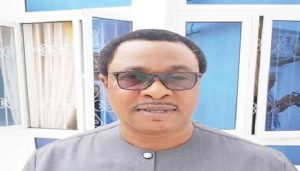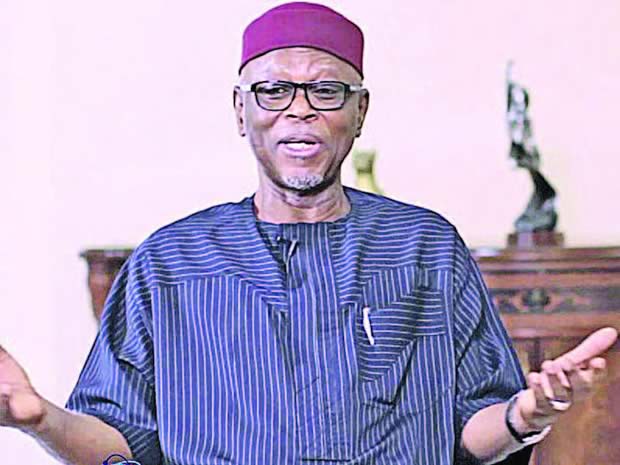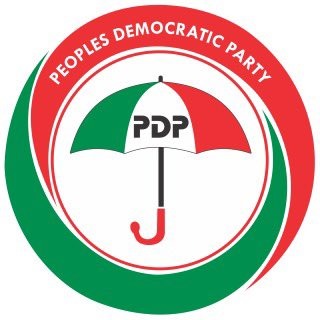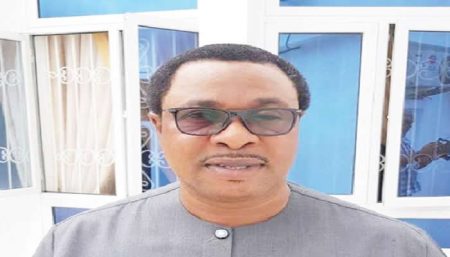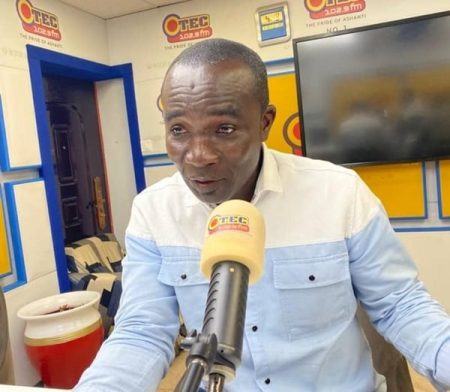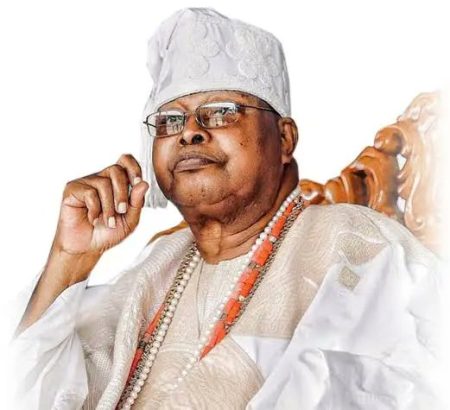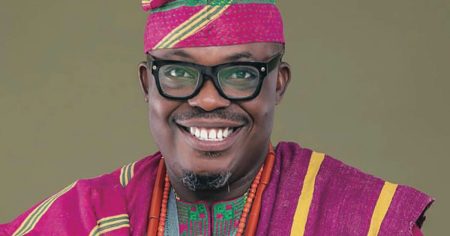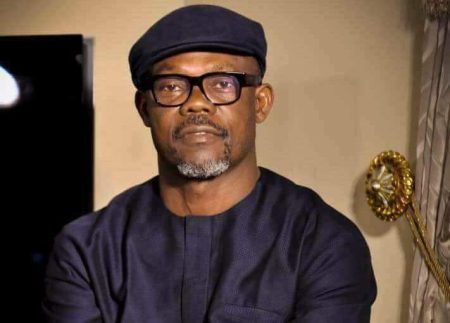John Oyegun’s Political Transition and Coalition Building for National Redemption
John Oyegun, a prominent political figure and former national chairman of the All Progressives Congress (APC), embarked on a significant political transition by joining the African Democratic Congress (ADC). This move signaled his commitment to coalition building as a means of addressing Nigeria’s economic and security challenges. Oyegun’s decision was rooted in his belief that the ADC presented the most viable platform for achieving national redemption. His experience in forming successful coalitions in the past instilled confidence in his ability to replicate the feat and bring about positive change.
The ADC welcomed Oyegun with open arms, recognizing his extensive political experience and his proven track record in coalition building. Kennedy Odion, the Edo State chairman of the ADC, presented Oyegun with his membership card, emphasizing the significance of his joining the party. Odion highlighted Oyegun’s past success in forming a coalition and expressed optimism that his experience would be instrumental in navigating the complex political landscape and achieving the coalition’s objectives.
Oyegun’s decision to join the ADC was not made lightly. He and his team conducted extensive research, evaluating several political parties before ultimately settling on the ADC. They engaged in discussions with representatives from seven different parties, meticulously assessing their platforms, ideologies, and commitment to the welfare of Nigerians. After thorough deliberation, they concluded that the ADC stood out as the party most dedicated to serving the interests of the nation.
Oyegun expressed his disappointment with the performance of the ruling APC, particularly its handling of critical national issues. He lamented the pervasive hunger and starvation plaguing the country, blaming the APC-led government for its failure to address the root causes of these problems. He also criticized the government’s inability to effectively tackle the escalating insecurity across the nation, particularly in states like Benue. Oyegun further asserted that the country had never been as divided as it was under the current leadership of Bola Tinubu.
Oyegun dismissed rumors suggesting that the ADC aimed to disrupt the existing government. He clarified that the coalition’s primary objective was to rescue Nigerians from the prevailing economic and security challenges. He emphasized that the ADC sought to provide a viable alternative and offer solutions to the problems facing the country. Oyegun expressed confidence in the ADC’s growing support base, noting that the party was attracting notable politicians from various backgrounds. He envisioned the ADC as a melting pot of the best elements from both the PDP and the APC, with more prominent figures expected to join in the future.
Oyegun’s transition to the ADC marked a significant development in Nigerian politics. His experience in coalition building, combined with his critique of the ruling party and his vision for national redemption, positioned him as a key player in the unfolding political landscape. The ADC’s embrace of Oyegun and the influx of other political figures signaled the potential for a formidable political force capable of challenging the status quo. The future trajectory of the ADC and its impact on Nigerian politics remained to be seen, but Oyegun’s involvement undoubtedly injected a renewed sense of hope and possibility into the political arena.



